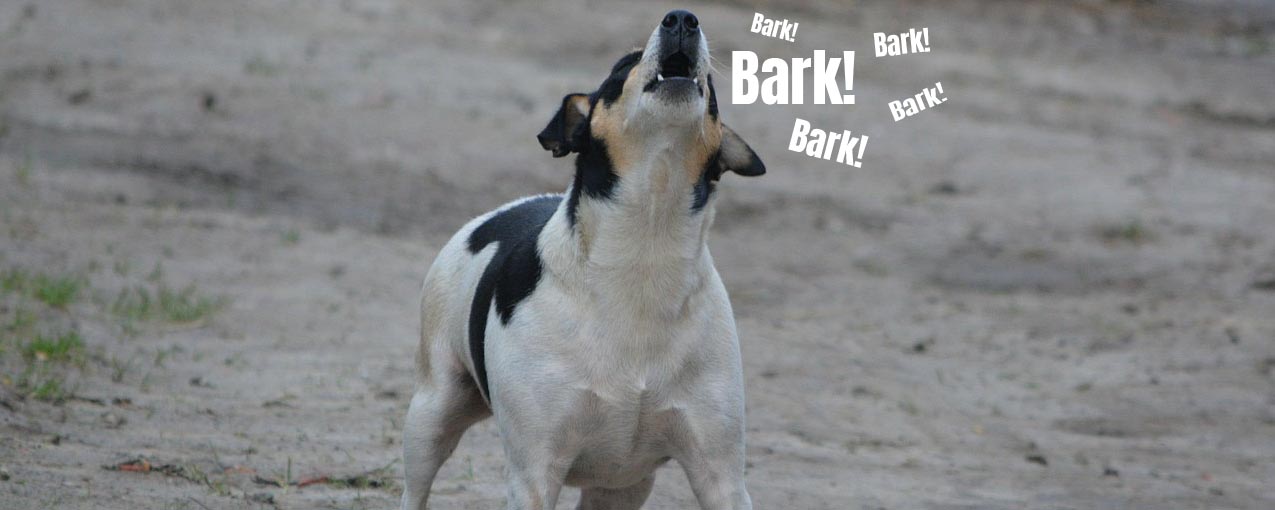
The position of Animal Control Officer is on-call and is designed to handle all basic domesticated (Dog, Cat Etc.) animal complaints.
Due to the on-call nature of the position, the schedule of the officer's availability will fluctuate somewhat. This however does not diminish the City's responsibility, ability and desire to immediately handle animal complaints that are of an emergency nature.
Non-emergency calls will be evaluated and a police officer will be dispatched if the need to address the issue warrants immediate action, such as a barking dog in the middle of the night.
Animal Control Services & Information
We encourage citizens to call the dispatch center at (207) 593-9132 to report all domestic animal complaints.
If it is a wild animal (Racoon, Fox, Porcupine, Moose, Deer, Skunk), please contact the Maine Warden Service at 1-800-452-4664 for assistance, the Center for Wildlife (207-361-1400), or for birds, Avian Haven (207-382-6761). Maine CDC Disease Reporting and Consultation (800-821-5821).
What to do if you find a wild animal?
All wild animals are potentially dangerous. Avoid any animal - wild, farm or pet - that you do not know. Do not handle sick or hurt animals yourself; call your Animal Control Officer. If you must touch a dead animal, use heavy gloves and sticks or tools to avoid direct contact with the animal.
Remember: All mammals can carry rabies. If you suspect that an animal is rabid, contact Rockland Animal Control at (207) 593-9132.
You can learn more about rabies here.
What to do if you find a baby bird or mammal?
What to do when you find a baby bird?
What to do when you find a baby mammal?
All canines in the City of Rockland over the age of 6 months are required to be registered no later than December 31st of each year. Registration tags must be worn by the canine at all times. Information about registration fees and fines may be found at the City Clerk’s Office.
For more information on rabies, the Maine Center for Disease Control & Prevention offers a complete and up-to-date web page that covers all aspects of the disease in Maine and many resources. We encourage you to visit their rabies page to learn more.
The following is a good method that may help in removing ticks, especially when the embedded tick is difficult to get to with tweezers: between toes, in the middle of a head full of dark hair, etc. Please note, if you are allergic to soap, do not try this method. You can also find more information about ticks and their removal by reviewing this following state brochure.
Tick Removal Method:
Apply a glob of liquid soap to a cotton ball. Cover the tick with the soap-soaked cotton ball and let it stay on the repulsive insect for approximately 15-20 seconds after which the tick will come out on its own and be stuck to the cotton ball when you lift it away. This technique can be much less traumatic for the patient and easier for the person removing the tick.
Thanks to Troy Peasley for this alternative tick removal method.
Feral cats are a problem in the Knox County area, which includes Rockland. If you are a cat owner, please read the following information carefully to learn more about being a part of the solution. If you experience problems with feral cats, please contact the Rockland Animal Control Officer at (207) 593-9132.
Feral cats are the 'wild' offspring of domestic cats and are primarily the result of pet owners' abandonment or failure to spay and neuter their animals, allowing them to breed uncontrolled. Feral cat 'colonies' can be found behind shopping areas or businesses, in alleys, parks, abandoned buildings, and rural areas. They are elusive and do not trust humans.
Many people assume their animals will survive when they move away and leave them behind. Contrary to popular belief, domestic animals do not automatically return to their "natural" instincts and cannot fend for themselves. Already, U.S. animal shelters are forced to kill an estimated 15 million homeless cats and dogs annually. The alternative to humane euthanasia for almost every stray is a violent end or slow, painful death. Many "throwaways" die mercilessly outdoors from starvation, disease, abuse - or as food to a predator.
A pair of breeding cats, which can have two or more litters per year, can exponentially produce 420,000 offspring over a seven-year period. The overpopulation problem carries a hefty price tag. Each year in California, more than $50 million (largely from taxes) is spent by animal control agencies and shelters for cat-related expenses. While the cost here in Maine is probably much less, it’s still more than we want to think.
Studies have proven that trap-neuter-release is the single most successful method of stabilizing and maintaining healthy feral cat colonies with the least possible cost to local governments and residents, while providing the best life for the animals themselves.
Spaying/neutering homeless cats:
- Stabilizes the population at manageable levels
- Eliminates annoying behaviors associated with mating
- Is humane to the animals and fosters compassion in the neighborhoods
- Is more effective and less costly than repeated attempts at extermination - costs for repeatedly trapping and killing feral colonies are far higher than promoting stable, non-breeding colonies in the same location. Vacated areas are soon filled by other cats that start the breeding process over again.
How can you be a part of the solution?
In the Knox County area:
- Spay or neuter your own pet! Sterilizing animals is an important step in maintaining their good health. Pet Assistance (207) 594-2200 can provide information on low-cost spay/neuter services in your area.
- Become a volunteer and encourage your personal veterinarian to become involved!
- Make a reservation, then bring stray, un-owned cats to one of our monthly clinics! Humane traps (with instructions) are available to borrow. Call the number below for upcoming clinic locations, but please be patient as we often have a waiting list for traps, and clinics are only once a month.
- Tell people about the TNR program (Trap / Neuter / Release). If someone you know is caring for stray, un-owned cats let them know about our services. Education is the key, so make others aware of the feral cat problem and tell them how they can help!

